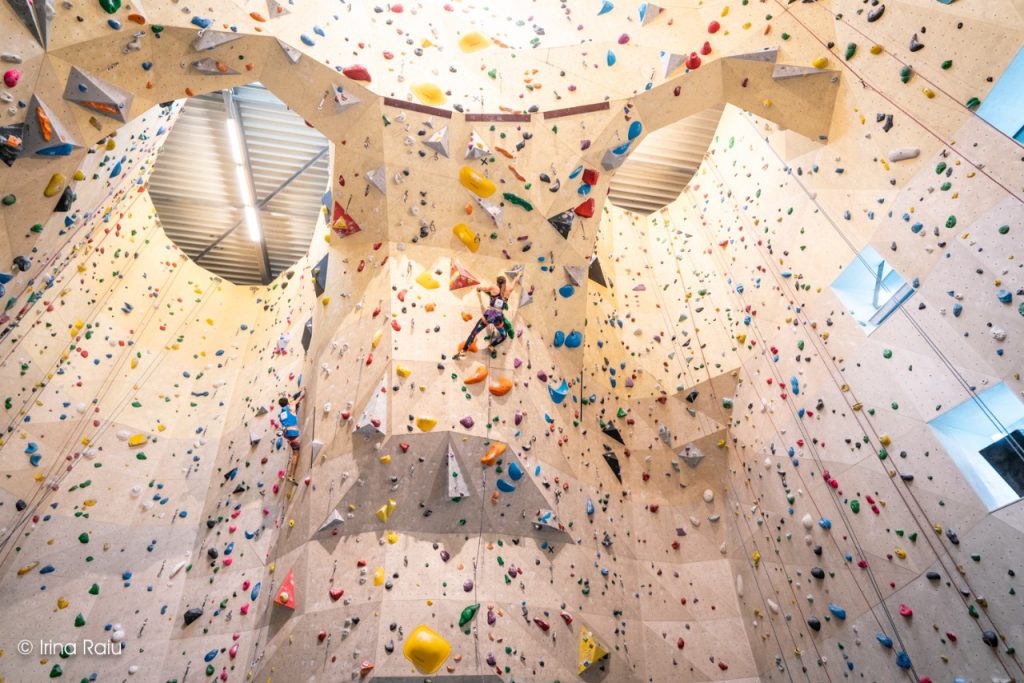Climbing programs offer organized understanding activities for people eager to explore the straight world. These classes cater to climbers of most degrees, from novices using their first steps on the wall to professional experts seeking to improve their skills or tackle new challenges. An average of, climbing courses are designed and light emitting diode by skilled instructors who provide their understanding, knowledge, and passion for hiking to participants.
The curriculum of a climbing program often addresses a wide selection of subjects needed for safe and satisfying climbing. Newcomers may possibly understand elementary abilities such as tying knots, belaying techniques, appropriate gear use, and fundamental hiking movement. Advanced courses might delve into more complex subjects like cause climbing, point building, option reading, and chance management. Advanced programs may focus on particular approaches for several types of hiking, such as for instance trad climbing, activity hiking, or bouldering, in addition to advanced rescue and self-rescue skills.
Hands-on practice is a central part of hiking courses, enabling players to utilize what they’ve learned in a controlled environment under the advice of instructors. Hiking gyms, outdoor crags, and specific instruction services give the right spots for sensible ability development. Players get personalized feedback and teaching from instructors, helping them improve their practices and build self-confidence on the wall.
Beyond specialized abilities, climbing courses frequently highlight important features such as for example hiking integrity, environmental stewardship, and chance assessment. Players learn about Leave No Track principles, responsible outdoor behavior, and the importance of keeping climbing places for future generations. Moreover, they gain insights into the mental aspects of hiking, such as for instance purpose setting, overcoming anxiety, and maintaining target and attention all through demanding climbs.
Several climbing programs also offer opportunities for community building and camaraderie among participants. Climbing is inherently a social task, and courses supply a helpful setting wherever climbers may join, share activities, and stimulate each other to push their limits. Whether it’s cheering on a other climber because they undertake an arduous course or celebrating successes together by the end of the course, the sense of camaraderie fosters a powerful feeling of belonging within the hiking community.
Security is paramount in climbing, and climbing classes prioritize training members just how to examine and mitigate risks effectively. From proper gear examination and preservation to crisis techniques and interaction protocols, individuals learn crucial security practices that are essential for a safe climbing experience. Instructors impress a tradition of safety attention and inspire individuals to produce educated choices while climbing independently.
Hiking programs usually give you a pathway for persons enthusiastic about seeking hiking as a vocation or getting certified instructors themselves. Certification programs and mentorship options offer aspiring instructors with working out and advice they should teach hiking kurs wspinania efficiently and responsibly. Through a variety of class training, useful experience, and mentorship, individuals obtain the data and self-confidence to cause climbing classes and share their desire for climbing with others.

To sum up, hiking courses offer valuable understanding experiences for climbers of most levels, giving a organized pathway for skill development, personal growth, and neighborhood engagement. Whether it’s understanding basic methods, refining advanced abilities, or pursuing a vocation in climbing training, players benefit from specialist training, hands-on training, and a supporting learning atmosphere that fosters a lifelong passion for climbing.
